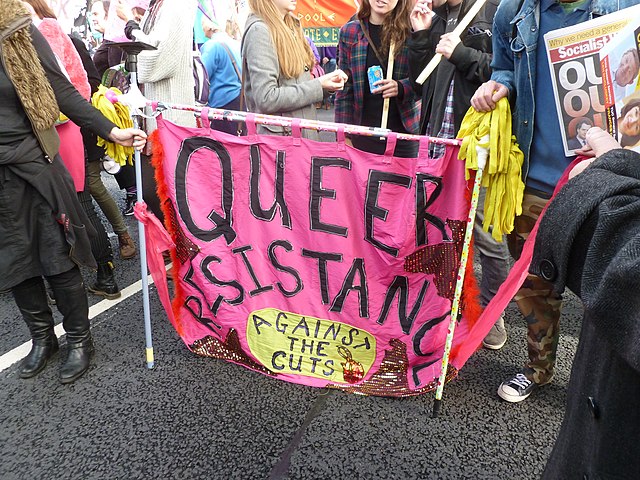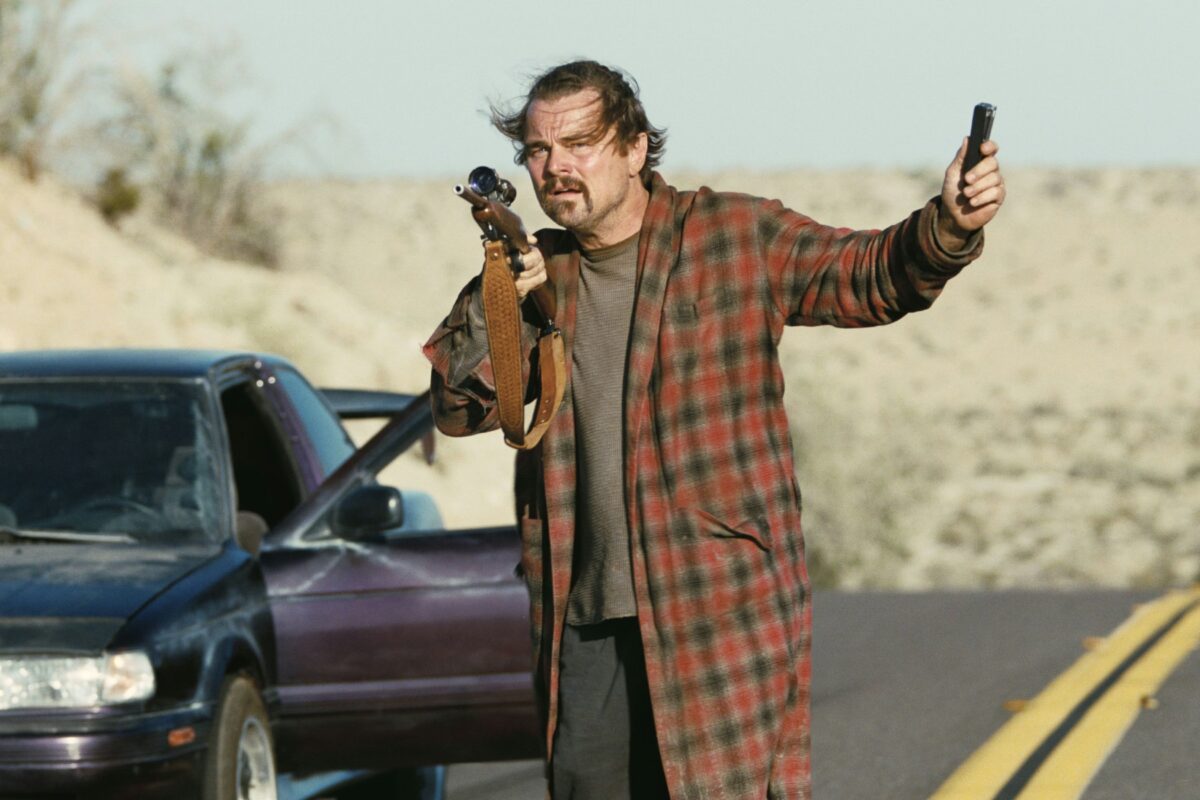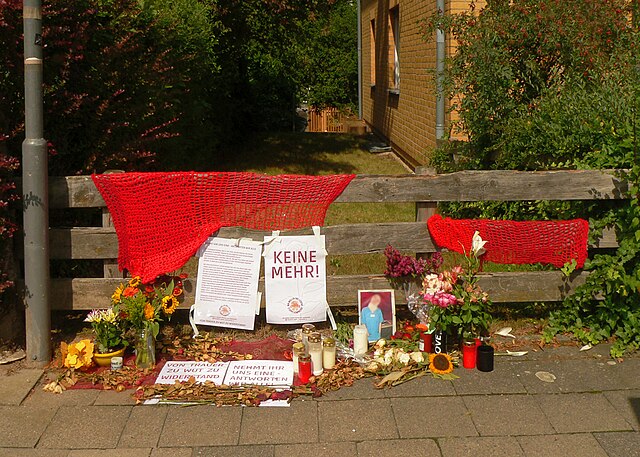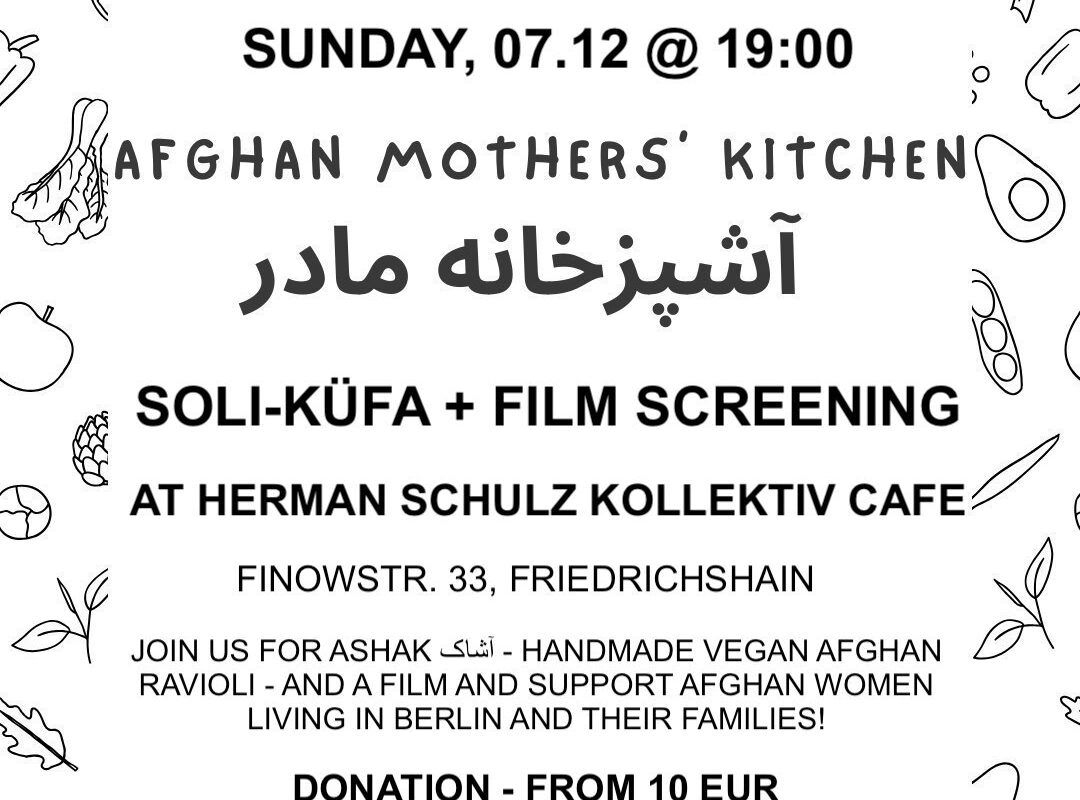I am a PhD student at the SFU in Berlin researching how queer/ LGBTQIA* individuals define activism, and how they interact or have interacted with this concept it in their personal lives. I started out my PhD with the intention of researching online activism and social dynamics in online spaces, but soon decided to move my focus away from specifically online interactions. I instead started trying to materialise my many layers of interest in how activism works more broadly.
My contact with the idea of activism was shaped by my upbringing and the many conversations I have had with friends and acquaintances over the years discussing political topics. These conversations, especially ones with people who are more informed, more personally active, or know more about an area of the world than I do, have been very enriching and important to me. At the same time they have become the subject of my scientific curiosity.
Who had made their points in what way? What were the arguments and strategies, the points in common, the disagreements? How did people name the collection of their world views? Did these definitions differ between people? What was the significance of being called a communist, anarchist or Marxist-Leninist? How were groups and projects assessed when their labelling didn’t match up with one’s own? Where were lines in what people consider legitimate and illegitimate action?
While all of these questions popped up and were slowly crystallising in my head, I found myself more and more also focused on the issue currently most central to myself (as often happens with psychological research projects):
How come some people found a “way in” to social or political areas of action and some ended up stuck hoping they were helping in some way? How did people wind up associated with certain groups, or finding their way into different activities? What effects did these activities have on the world? Did they make the people doing them feel enriched, hopeful? What reasons were people identifying when they felt they couldn’t/didn’t want to make the step into being active themselves?
As I am a queer person and the majority of my friends use this label or would place themselves within the LGBTQIA* umbrella, I felt that my curiosity about activism at large has been strongly intertwined with my curiosity about queerness. A lot of texts I read emerged from the fields of gender studies or queer studies, and many of the lived experiences of the people around me were shaped by intersectional experiences of oppression. The awareness of being part of a minority and experiencing discrimination shaped many discussions and world views. Inside of my own in-person group as well as on the internet and in larger community spaces, discussions about the intricate political aspects of queer identities were prevalent.
Who received more privilege and why, and was this distinction even important to make? Were queer issues tied to other discriminated/ oppressed groups? And if yes, in what ways and what was to be done about it? How could solidarity between people with different identities and issues work? Was queerness inherently political, and if yes what did “queerness” and “political” even mean to the people discussing the question?
Most of these above-mentioned topics have been widely discussed and analysed across many disciplines throughout the years, as well as being thought about and figured out anew by every queer individual and friend group. I do not expect to be able to solve any of these discussions with my work.
Through my PhD project, I am only trying to condense all my questions into one project and get a multilayered pool of answers to better understand how all the factors play together to shape individuals’ interactions with the topic.
The final motivator for my project is, paradoxically, the feeling of being stuck and unable to become more politically active. Talk about not knowing where to start or not feeling qualified/ oppressed/ knowledgeable enough is everywhere I look on social media and in personal chats with friends. The worsening political situation is leaving many people feeling scared, angry and hopeless without the feeling of being able to engage meaningfully and make a change. At the same time, it seems that many people who are struggling and would like to find a way to start find it difficult to get in touch with people who are already more active and ask for guidance.
The final form of my project was developed to reflect the connection and layeredness of all the aforementioned topics.
- I want to understand what activism means to others, so the survey explores personal definitions of activism and what activities fall under it.
- I want to understand what helps people take agency, so the survey explores obstacles that people encounter while trying to work towards being politically active, as well as support systems and strategies that people found to break through.
- I want to understand what role queer identities, communities and discourse around queerness plays, so the survey explores nuances of belonging and personal identities.
- I want to understand how systems of oppression affect people trying to break through, so the survey explores factors such as economic situation, health, mental capacities and experiences of discrimination.
Hopefully the answers to these questions will shed light onto the phenomenon in general, but will also help support those that wish to engage (more). In future steps of this project, I hope to make my results available to organisations and anyone else looking for information about entry barriers to activism.
To be able to do all of this, we need your input! Experience with activism is not necessary!
As a first phase of this project, we have created an online questionnaire of about 20-30min with a mix of open and closed questions. If you identify as queer or part of the LGBTIA* community in any way and would like to share with us your views on the topic, please follow this link.
In the second phase, we will conduct in-depth qualitative interviews to really dive into the nitty-gritty of how each individual person navigates their own complex situation and how their decisions shape their interaction (or lack thereof) with activism.




